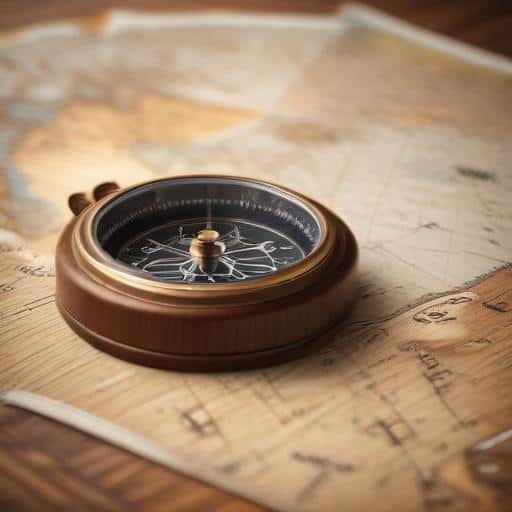The Pacific Islands region has historically leaned heavily on donor funding to facilitate development and governance, creating a dependency that often hampers the ability of local organizations to respond effectively to community needs. Dr. Transform Aqorau, with over 30 years of experience working at both national and regional levels, has emphasized that many capacity development initiatives lack long-term financial sustainability, hindering genuine institutional growth.
However, a beacon of hope has emerged with the Parties to the Nauru Agreement Office (PNAO), which has broken the cycle of donor dependency by achieving financial self-sufficiency. According to the latest PNA Financial Report for 2024, the PNAO generated total revenues of USD 7.42 million, with 70% derived from vessel registration and fisheries management fees, showcasing a robust financial model that could serve as a template for other Pacific institutions.
PNAO’s success is indicative of a sustainable and scalable approach to regional governance, steering away from traditional reliance on external funding. Additionally, the PNAO’s net income of USD 1.02 million and total assets of USD 83 million suggest leading practices in financial management and governance that other organizations in the Pacific should aspire to replicate.
While many regional organizations remain bound by the uncertainties of donor funding, exposed to shifting donor priorities and bureaucratic constraints, the PNA model stresses that true institutional capacity must integrate financial independence. The PNA has illustrated several lessons for other Pacific organizations:
1. **Revenue Generation**: Institutions should prioritize creating independent revenue streams from their natural resources and expertise.
2. **Governance Strengthening**: Strong internal governance structures ensure accountability.
3. **Long-Term Planning**: Organizations must develop strategies that transcend short-term funding cycles.
4. **Ownership of Future**: Pacific nations should take leadership roles in managing their resources, such as fisheries, independent of external dictates.
The call to action is clear: the Pacific must champion its own development trajectory, relying less on outside funding and more on strategic, locally-driven initiatives. Dr. Aqorau emphasizes the necessity for the region’s institutions to embody financial resilience and independence, aiming to serve the needs of Pacific people more effectively.
Looking ahead, there is an evolving narrative of hope and self-determination in the Pacific, as leaders reflect on the potential for the region to shape its own future. With continued innovation in governance and resource management, the Pacific Islands could cultivate a robust foundation that not only protects their sovereignty but also enhances their cultural and economic well-being for generations to come.

Leave a comment